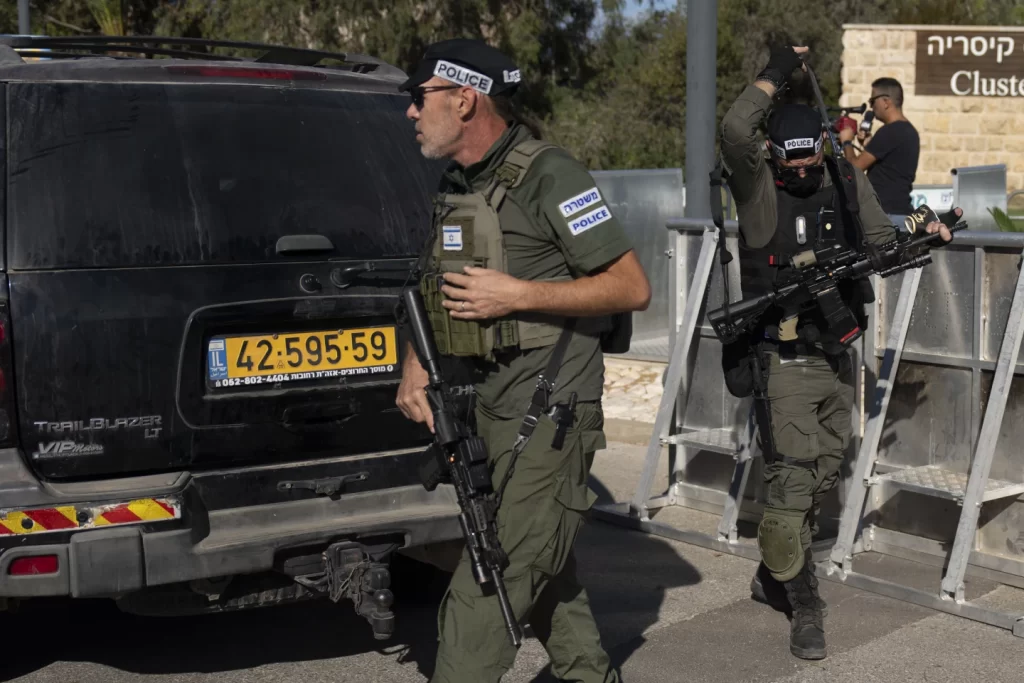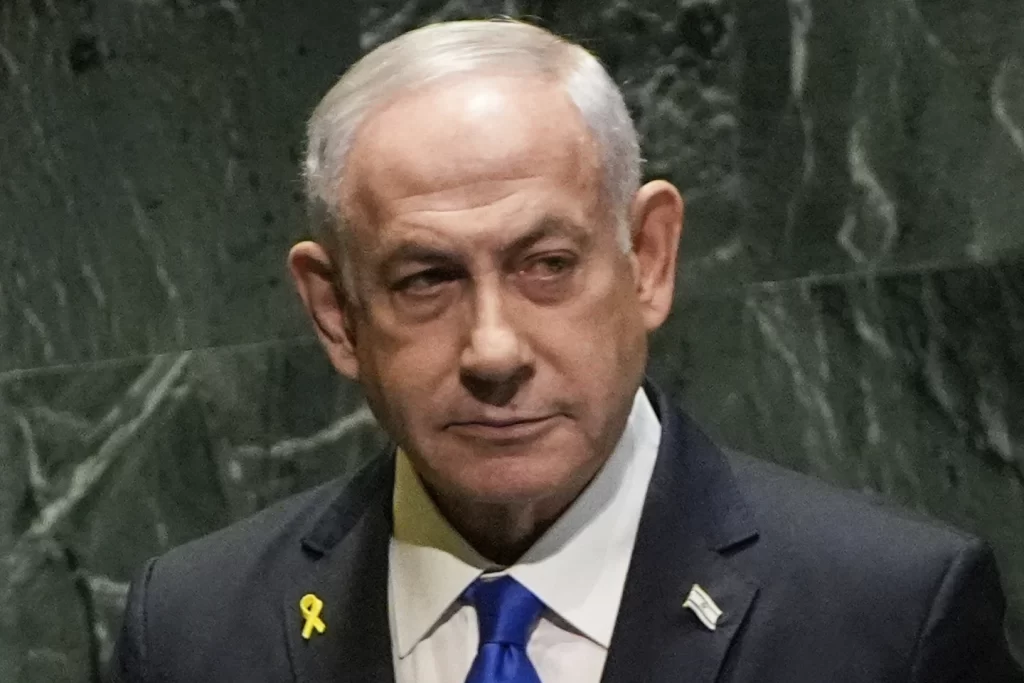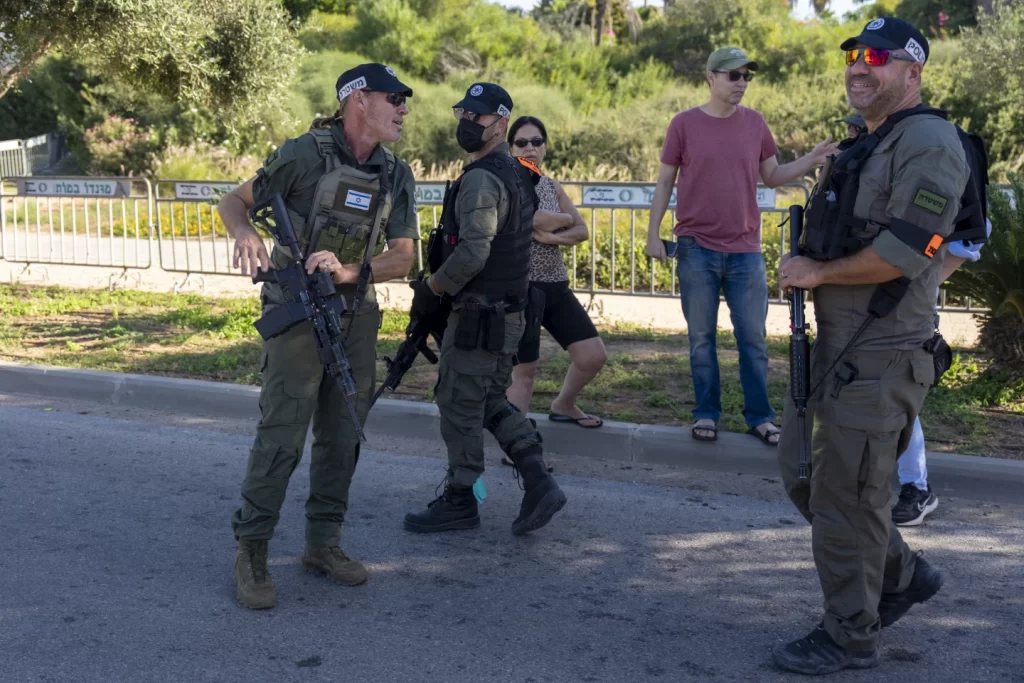The Israel-Hamas conflict has entered a new phase of escalation, with a drone targeting Israeli Prime Minister Benjamin Netanyahu’s house and intensified strikes in Gaza resulting in numerous civilian casualties. These developments come in the wake of the reported killing of Hamas leader Yahya Sinwar, as both sides signal an unwillingness to end hostilities.

On Saturday, the Israeli government reported that a drone targeted Netanyahu’s private residence in Caesarea, though neither the Prime Minister nor his wife were present at the time. This attack, coupled with a barrage of approximately 55 projectiles fired from Lebanon into northern Israel, underscores the widening scope of the conflict. The attacks from Lebanon resulted in one fatality and four injuries, according to Israeli medical services.
The drone incident marks a significant escalation, following a similar attempt in September when Yemen’s Houthi rebels launched a ballistic missile toward Ben Gurion Airport as Netanyahu’s plane was landing. These attacks highlight the complex regional dynamics at play, with Iran-backed groups actively participating in the conflict.
In Gaza, Israeli forces continued their offensive, with strikes reportedly hitting hospitals in the northern part of the enclave. The Palestinian Health Ministry stated that Israeli forces fired at the Indonesian Hospital in Beit Lahiya and the Al-Awda hospital in Jabaliya. Over 50 people, including children, were killed in less than 24 hours, according to hospital officials and an Associated Press reporter on the ground.
The death toll in Gaza has now surpassed 42,000, according to local health authorities, who do not distinguish between combatants and civilians but report that more than half of the casualties are women and children. The ongoing conflict has devastated Gaza, displacing about 90% of its 2.3 million residents and creating severe shortages of food, water, medicine, and fuel.

The killing of Hamas leader Yahya Sinwar, reported by Israel and confirmed by a top Hamas official, has added a new dimension to the conflict. Iran’s Supreme Leader, Ayatollah Ali Khamenei, addressed Sinwar’s death, stating that while it was a painful loss, Hamas would continue its fight. This stance was echoed by Hamas, which reiterated its position that hostages taken from Israel would not be released until a ceasefire is declared and Israeli troops withdraw from Gaza.
Netanyahu, however, has maintained that Israel’s military will continue fighting until the hostages are released and that Israeli forces will remain in Gaza to prevent Hamas from rearming. This standoff raises concerns about the prospects for a negotiated end to the conflict in the near future.

The situation is further complicated by the ongoing conflict between Israel and Hezbollah in Lebanon. Israel claims to have killed Hezbollah’s deputy commander in the southern town of Bint Jbeil, while a Lebanese health ministry report states that an Israeli airstrike hit a vehicle north of Beirut, killing two people.
As the conflict intensifies, there are growing calls from the international community and families of hostages for renewed negotiations. Approximately 100 hostages remain in Gaza, with at least 30 believed to be dead, according to Israeli authorities.



